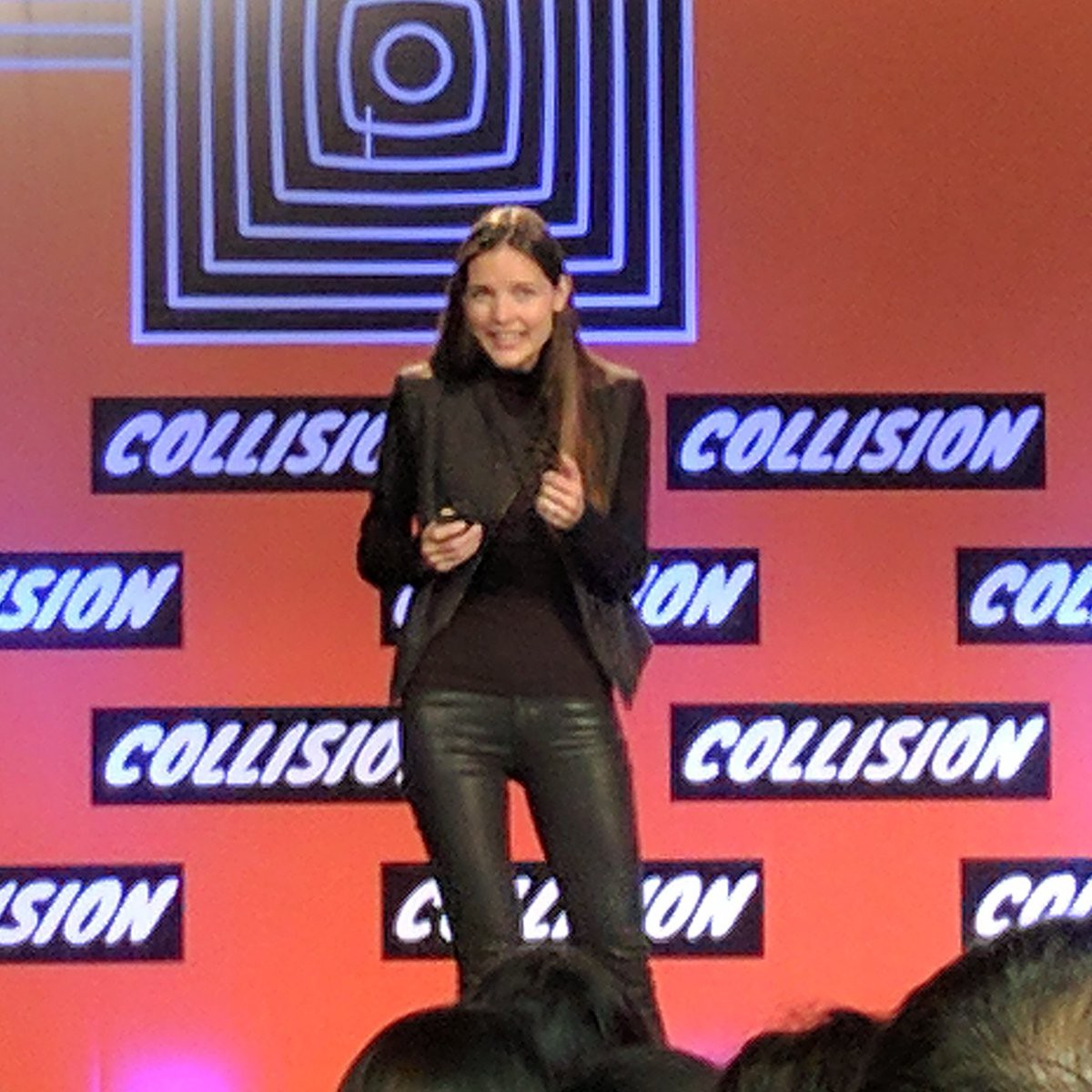For many employers millennials can be a sore subject. The generation tends to act differently than any generation before them, and it’s frustrating businesses across the country.
Maybe the key to figuring out how to hire, and retain, the right millennial candidates isn’t by understanding the generation — maybe it’s by understanding the individuals.
“It’s hubris to paint an entire generation,” said Kathryn Minshew, CEO and co-founder of The Muse, in a one-on-one with me at Collision conference. Not only is this an interesting point, but she also has the data to back it up.
The Muse is a marketplace for over 50 million employers and candidates, both looking for the right fit. From their data, they’ve found that millennials are, in many ways, no different than past generations.
The main difference is that they’ve learned to share their voice through social media. When a millennial wants something from an employer, they aren’t afraid to say it.
But to say millennials are entitled, lazy or unmotivated would be a harmful stereotype. Some of the most successful business people today are millennials, and like them or not, millennials will make up over 75% of the workforce in less than a decade.
Kathryn is an expert at candidate-employer matchmaking, and she has some great insight on the millennial generation.

What makes them different?
Obviously, no generation is going to be exactly like any past generation. As society gets more complex, so do our social understandings.
Millennials grew up with two defining characteristics: they had access to the internet and came of age during the Great Recession.
Kathryn points out that both of these are important for understanding where a millennial might come from. Millennials have an opinion, and they’ve grown up with the understanding that sharing their mind is acceptable.
They also understand the importance of security and experience, since everything can be taken from them at any moment.
Aside from these differences, a millennial is just like anyone else; they have goals, fears, plans for their future and a desired career. They’re just like any other employee, save the “millennial” tag.
In fact, Kathryn says that millennials aren’t even expecting a dream job right off the bat. Many of them want to grow with their position, or have their position teach them new skills that can be applied to a better position.
Not unlike anyone from any other generation who has a job.
It all comes down to culture
Beyond anything else, millennials are looking for a company culture that fits their desires.
Don’t worry, employers — this doesn’t mean you need an office full of beanbag chairs and espresso machines.
According to Kathryn, millennials want different things from company culture, and many of their desires contradict other millennials. Some may want a workplace where they have open communication with their superiors, and other may value a position that offers growth within the organization.
The Muse’s structure backs this up. Instead of pairing candidates with a business that only suits their talents, they also have businesses be transparent about their culture.
“It’s kind of like dating,” says Kathryn. This helps businesses with retention, she goes on to say. If you’re upfront and honest about your culture to millennials, then they know what to expect. Nothing can make them more upset than finding out you lied about your culture.
Even if your business’s’ culture doesn’t seem attractive to you, there are millennials who are looking for what you offer.
It’s a lot like marketing as well, says Kathryn. Your marketing should reach a target audience, so your hiring process should reach target candidates that will do the best for your business.
“A lot of businesses have not put anywhere near the same amount of time and energy into marketing their positions and organization,” says Kathryn.
“That has to change.”
Originally published at medium.com


